- Learning time
- 20 minutes
- First play time
- 60 minutes
Web of Power
Designed by: Michael Schacht
In Web of Power players are trying to assert their influence over political Europe in the distant past. Despite that somewhat daunting sounding theme, it’s a very simple game that plays quickly.
The board shows a map of Europe with cities linked by roads and sea routes, and the countries are divided up into different colours – each colour representing two different countries. On your turn you’ll be using cards to place either Monasteries or Advisors in the countries – Monasteries will score you points for having a majority in a given country (you also get (fewer) points for placing second or third) and also score as chains, linking cities together either in one country or across two or more.
Advisors are a little trickier – you can only place as many advisors in a country as there are number of monasteries of the leading player in that country: so for instance, if the player with the most monasteries in France has three monasteries there, there can only be three advisors in total from all players. This means there is a slight gambling element, as adding monasteries to a country on one turn can allow the other players to beat you to the punch on adding advisors. At the end of the game they will score you points for the links they make between countries – so your placement of advisors is critical, as they only score when in the majority in two linking countries.
There are two scoring rounds – in the first only monasteries are scored and in the second both monasteries and advisors.
Web of Power has had successor games by the same designer following similar principles: China, Han and most recently Iwari.
The guru's verdict
-
Take That!
Take That!
There's no combat, but there is a bit of Take That in Web of Power - if your opponents see you trying to establish dominance in too many places, it's their job to crowd you out.
-
Fidget Factor!
Fidget Factor!
Low. It's a fast-moving game.
-
Brain Burn!
Brain Burn!
Low. You only have two cards to use in each round, and your choices are limited.
-
Again Again!
Again Again!
Web of Power's play moves through cards - you pick up at the end of your turn and can use two of the same colour as a 'joker' - so it's always different.

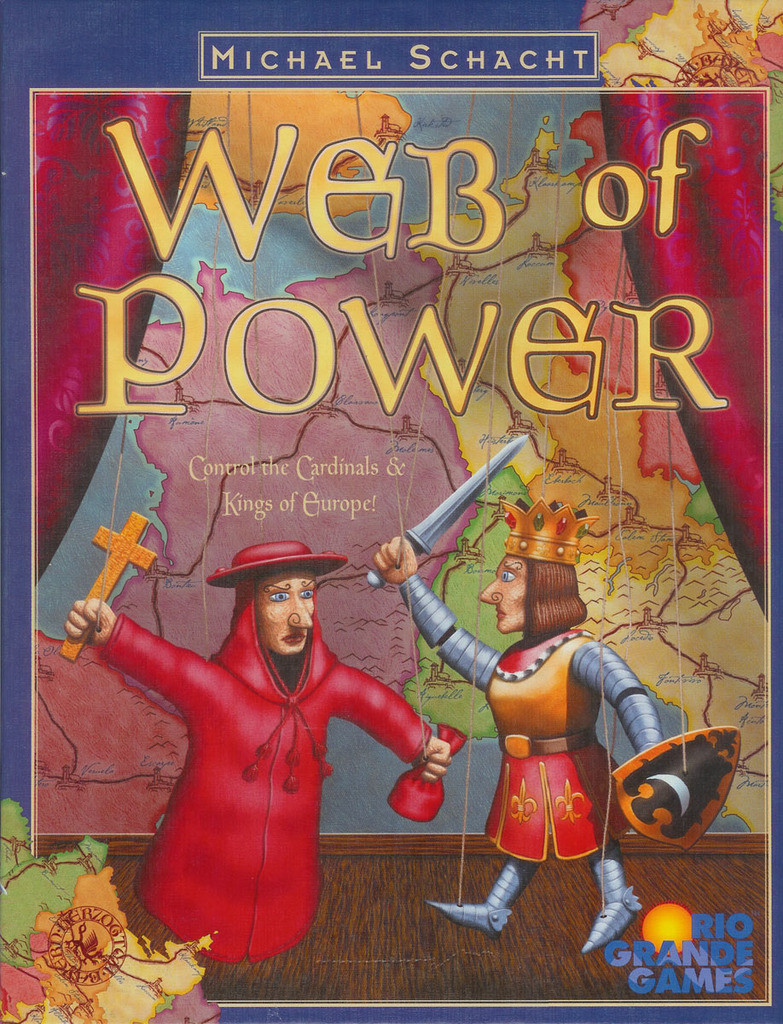
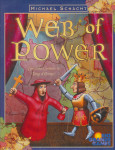
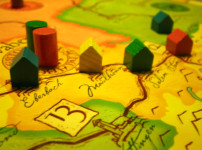
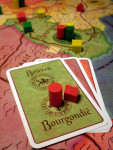
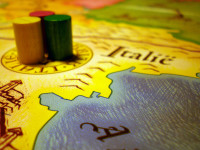
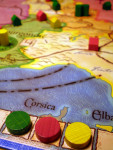


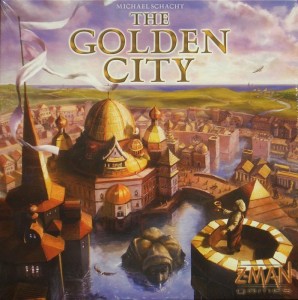
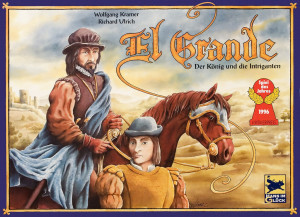

Sam says
What Web of Power has going for it is the easy-to-learn and easy-to-implement rules, allied to a little tactical depth and some gambling. It might not be the deepest, or the most wacky, but it's a nice gentle game that can appeal to most players, and doesn't outstay its welcome.